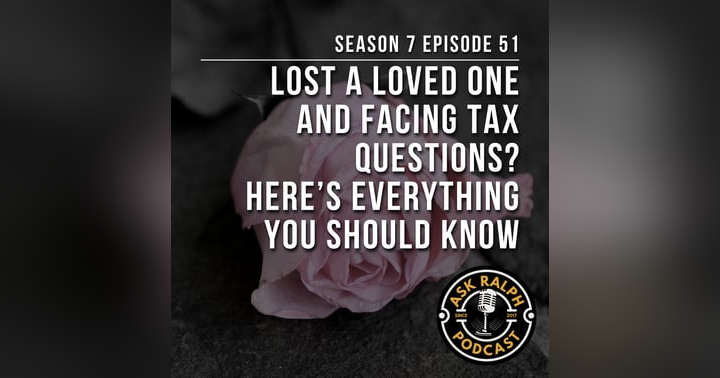Navigating the End of Your Auto Lease: A Practical Guide
Is your car lease about to end, leaving you unsure what to do next? Many people face this dilemma, struggling to turn in their leased car, buy it, or lease another one. The end of a car lease can bring excitement and frustration: the freedom from car payments, the worry of extra fees, and the pressure to make a financially smart choice. In this blog post, we dive deep into your options when your car lease ends and break down the pros and cons to help you make an informed decision. Stay tuned to discover how to turn this potentially stressful situation when Your Car Lease Ends into a positive, well-planned decision for your future.
Watch Now on Rumble
Understanding Your Options
When your car lease ends, you typically have three main options: turn in the leased car, buy the leased car, or lease another car. Let’s break down the pros and cons of each choice to help you make the best decision.
Option 1: Turn In the Leased Car
Turning in your leased automobile implies you've completed your car payments and duties for that vehicle, allowing you to start over with a different car, maybe a new model or brand. However, there may be a disposal cost for returning the vehicle, and if you exceed the kilometer restriction, you may have to pay additional fees. In addition, you start from scratch with no equity in the automobile.
Option 2: Buy the Leased Car
Purchasing a leased automobile eliminates the need to shop for a different vehicle because you already have the car and are familiar with its history. If you're under the kilometer restriction, you may have built up some equity and can avoid the disposal cost. On the downside, you’ll need to finance the remaining value, extending your car payments, and the purchase price is usually set by the residual value in the lease agreement, leaving limited room for negotiation.
Option 3: Lease Another Car
Leasing another automobile ensures you always have a new or almost new vehicle, generally with cheaper monthly payments than purchasing. However, you will not accumulate any equity because you are renting rather than owning the vehicle. Each new lease may include penalties for wear and tear, mileage overage, and recurring expenditures.
Making the Best Decision
Which option works best for you? Here are some pointers: If your objective is to be free of auto payments someday, purchasing your leased vehicle may be a suitable option. If you love driving new automobiles on a regular basis and can handle the cost consequences, leasing may be a good option. If you have taken good care of your leased automobile and it is worth more than the residual value, purchasing it may be a financially wise decision.
Practical Steps to Take
Check your lease agreement to determine the residual value and then compare it to the car's current market worth. Has the automobile been examined to minimize surprise expenditures? If you decide to buy, negotiate based on market value rather than residual value. If you require finance, get pre-approved for a loan.
Conclusion
I hope this blog post helps you feel more prepared to make the best decision when your vehicle lease expires. We discussed the key options of buying the car, turning it in, or leasing another vehicle. We learned that researching the residual value and market price is necessary to make an informed decision. Most importantly, encouraged you to pray and seek God's guidance to determine the best financial path during this transition.












